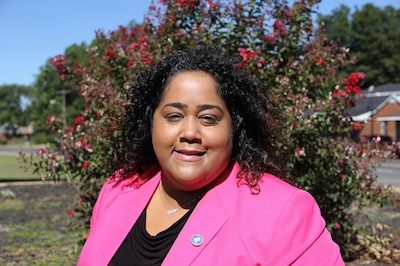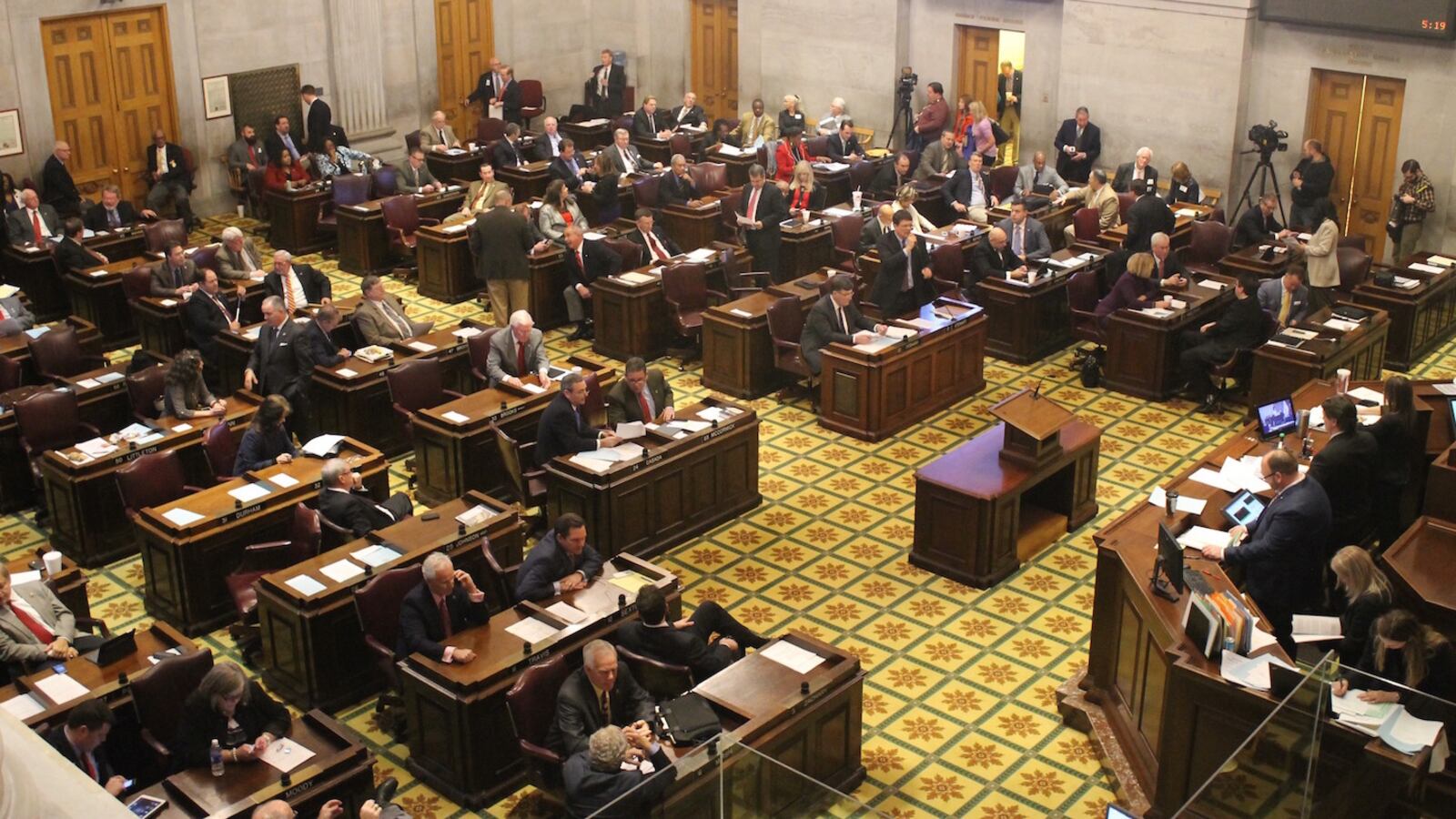Despite blustery talk of clipping the Achievement School District’s wings this year, Tennessee’s school turnaround district appears poised to escape this legislative session unscathed, with as much support as ever among the ranks of lawmakers.
Last year, 22 bills were filed to limit or place controls on the district, which began operations in 2011 to improve Tennessee’s lowest-performing schools, most of which are in Memphis.
This year, seven bills were filed related to the state-run district, and only two appear to be still in play. Both are sponsored by Rep. Raumesh Akbari, a Memphis Democrat who managed last year to shepherd in a law that prohibits the ASD from taking over schools with high-growth test scores.
Both of Akbari’s active 2016 bills have been amended to soften the impact on the ASD.
One measure, which is headed to the House floor, originally would have prohibited the ASD from taking over a school if other schools are ranked below it. The amended bill removes references to the ASD and proposes that the state begin ranking schools according to academic performance on its priority list of lowest-performing schools.
Akbari’s second bill, which she’s scheduled to present next week in subcommittee, would require the ASD to post more information online about the charter networks that run its schools. The bill originally would have required charter operators to demonstrate certain student achievement levels before being authorized to operate another public charter school, either within the ASD or a local district.
A pragmatist, Akbari says the tougher ASD legislation will be discussed during lawmakers’ summer study sessions.

“You have to have support … and you have to bring everyone to the table, and that takes time,” she said Thursday.
This year’s ASD-related bills ranged from a proposal to abolish the ASD to one allowing the state-run district to take over a school only if no other lower-performing school is eligible for intervention. But most have fizzled or languished in committees before being debated.
The legislative sputtering is indicative of continued support for the ASD by Gov. Bill Haslam and Education Commissioner Candice McQueen, who maintain that the state’s turnaround district is an important part of Tennessee’s multi-pronged strategy to improve low-performing schools.
It also stands in stark contrast to the angry rhetoric of last December when a significant Vanderbilt University study showed that ASD schools had shown less academic growth than other urban schools in Innovation Zones, which are turnaround programs operated by local districts. Fueling the anger were allegations that the ASD had rigged its process last fall for determining whether to proceed with interventions at low-performing Memphis schools being matched with charter operators. The confluence of events prompted Shelby County’s school board and the state legislature’s black caucus to call for a moratorium on ASD expansion until it shows consistent progress in improving student academic achievement.
No bills were filed this year to seek a moratorium, but lawmakers did file several aimed at restricting the ASD’s autonomy.
The most robust debate occurred this week in a House subcommittee when ASD supporters and critics packed a hearing room in Legislative Plaza in opposition to a bill by Rep. Bill Beck, a Nashville Democrat. The proposal would have allowed parents to halt ASD school takeovers with the signatures of 60 percent of parents at the schools in question.
Beck brought in heavy hitters — Jesse Register, former director of Metropolitan Nashville Public Schools; Sue Kessler, a principal of Hunters Lane High School in Nashville; and Mark North, an attorney — who charged that the ASD did not collaborate sufficiently with Metro Nashville when it took over a middle school last year that already had been improving on its own, which state test scores later bore out.
But they were outnumbered and overshadowed by impassioned parents who had traveled to Nashville from Memphis in support of the ASD, even though the bill in question was directed at Neely’s Bend College Prep in Beck’s district, now one of the ASD’s two schools in Nashville. Bedecked in orange T-shirts, the parents from Memphis Lift, an advocacy group started by a former ASD official and funded by a company founded by charter school supporter John Little, cheered throughout testimony from ASD Superintendent Malika Anderson and Keith Williams, a senior fellow with Tennessee’s chapter of the Black Alliance for Educational Options.
The bill ultimately was defeated on a voice vote as the debate highlighted the nuances — and sometimes inconsistencies — of some of the arguments presented.
Supporters say the ASD brings empowering choice to low-income parents. But when faced with a bill to let parents collectively choose to take back the reins of a school from the ASD, those same supporters cried foul. The ASD has only helped low-income families like their own, they argued, and its growth shouldn’t be hindered.
Historically, members of the House Education Administration & Planning subcommittee have supported “school choice” and data-backed decision-making. But when presented with data showing that the ASD opted last year to take over Neely’s Bend Middle Prep instead of lower-performing priority schools in Nashville, committee members maintained their support for the state-run district, saying it was the most effective tool for improvement.
The raucous debate likely was the last one about the ASD for this year’s legislative session, which is drawing to a close.
"We value ... the legislative process and would hate to short circuit it by predicting outcomes this early."
Malika Anderson, ASD superintendent
But Anderson, who became the ASD’s chief in January, insists it’s still too early to tell, with some bills still on committee calendars and several weeks before the General Assembly adjourns. “I think that it is too early to draw any conclusions about the impact of this legislative session on the ASD,” Anderson said Thursday. “We value the meaningful, informative and mostly cooperative work that the ASD, our parents, community members and legislators are engaged in throughout the legislative process and would hate to short circuit it by predicting outcomes this early.”
Of bills that are tabled this year, many will make their way to legislative study sessions this summer, according to Rep. Bill Dunn, a Knoxville Republican who is the lead sponsor of an ASD-related bill drafted by Rep. Antonio Parkinson of Memphis. That bill would limit ASD eligibility to the state’s bottom 2.5 percent of schools instead of the bottom 5 percent.
“The bill was filed more to have a discussion,” Dunn said. “In my view, it would be better over the summer to really take a hard look at schools and see the best way to move forward.”

